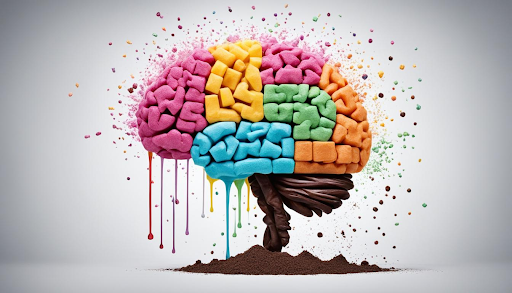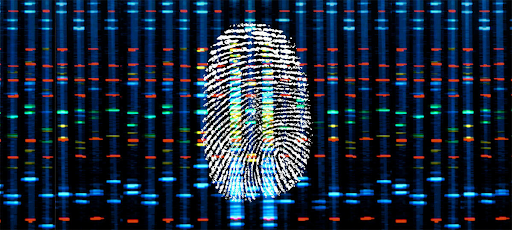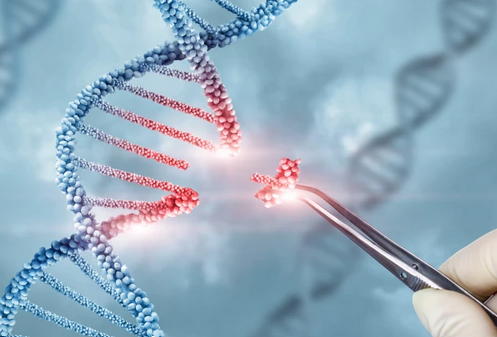As you walk to the front door of your grandmother’s little house for your Thanksgiving dinner while munching on a king-sized Twix bar, your brain is already thinking about that sugary and sweet pumpkin pie that is your grandmother’s specialty. Later that day, as you finish that last slice of pie at Thanksgiving dinner, you can’t help but think about what all that sugar will do to your brain, knowing that, at this point, you’ve consumed enough sugar to power an entire city; that is, if sugar could power cities.
That was my very own situation a couple weeks ago at my karate tournament, when my friend and I went on a sugar spree getting almost every single donut at Dunkin’ Donuts! After that very impromptu spree, my friend was shaking in his socks saying that he had enough sugar to power an entire plant, which got me thinking: what does sugar do to your brain? Is sugar like caffeine? Does sugar block some of your neurons and cause you to feel alert and then crash? Or, does it erode and chip away at your neurotransmitters, degrading your cognitive performance and memory?
After doing some research, it became clear that sugar can be interpreted in its own way as a slow poison. According to the Centers for Disease Control and Prevention (CDC), in both the cases for having high and low blood, “over time [sugar] damages blood vessels in the brain that carry oxygen-rich blood. When your brain receives too little blood, brain cells can die. This can cause problems with memory and thinking and eventually can lead to vascular dementia.”
In the National Library of Medicine, it is mention that the systematic review in trying to find that true effects of sugar on the human brain “ identified 77 studies (65 experimental trials, n = 3831; 9 cross-sectional studies, n = 11,456; and 3 cohort studies, n = 2059)…” that led to the same thing. The National Library of Medicine goes on saying in the same line, that “all cohort studies and eight of the nine cross-sectional studies found significant positive correlations between added sugar consumption and risk of cognitive impairment.” This adds further evidence to the truth behind the relationship with sugar and our cognitive brain.
Dr. Vera Novak, PhD from Harvard Medical School admits that “the brain is dependent on sugar as its main fuel.” This is also consistent with the idea conveyed in the National Library of Medicine, in which it is demonstrated that sugar, especially glucose, is good for the brain’s cognitive function. Novak also mentions, however, that a supernumerary of blood sugar in one’s system can lead to the shrinkage of brain atrophy.
So, maybe the next time you’re tempted to spend all your money on a tub of ice cream, think again about the effects that delicious tub of sweet, sugary ice cream could have on your brain before grabbing it and walking to the checkout line.
By Tvesha Patel ‘27, Science Editor













